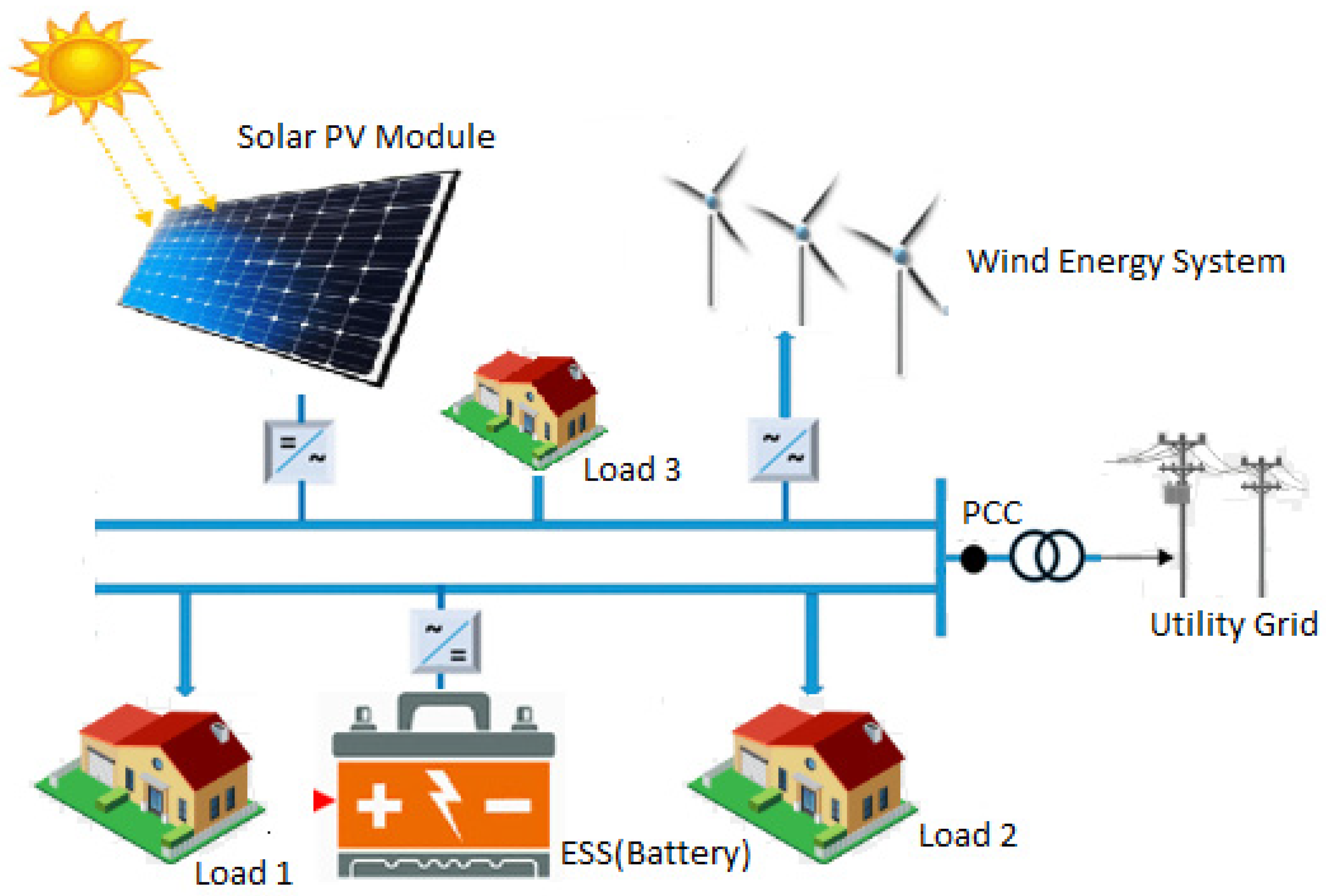Brewarrina LALC sets sights on renewable energy
Lily Plass
21 June 2024, 9:20 PM
 Brewarrina LALC Acting CEO Urayne Warraweena, former Brewarinna CEO John Reidy, Brewarrina LALC Deputy Chair Ted Gordon with delegates from the renewable energy forum
Brewarrina LALC Acting CEO Urayne Warraweena, former Brewarinna CEO John Reidy, Brewarrina LALC Deputy Chair Ted Gordon with delegates from the renewable energy forum Brewarrina is focussing its attention on how to step into the future using clean energy.
The Brewarrina Local Aboriginal Land Council (LALC) got together with the members from the University of New South Wales (UNSW), Bio-Diversity Institute (BRI) Lab, Tubular labs, the University of Technology Sydney (UTS), and other LALCs on Wednesday 22 May and Thursday 23 May to discuss the role renewable energy will play in the future of the regional town.
The LALC is now looking into what renewable energy strategies fit best into their region.,
"Our current potential to establish clean energy business is very strong," former Brewarrina LALC CEO John Reidy said.
Brewarrina's flat land and long hot summers make it ideal for solar energy.
"According to UNSW research, the wind data indicates that we have strong wind potential too," Mr Reidy said.
The next step for the forum is to conduct a feasibility study and connect with potential energy partners.
"Australia is in catch-up mode with the rest of the world in transitioning away from fossil fuels. And what that looks like in the bush is probably more microgrids," Professor of Aboriginal political history at the UTS Heidi Norman said.

Microgrids are local power grids that run independently of the main power grid. They can power single buildings or configurations of microgrids can power larger areas like a town or city.
"It means you could address energy costs for your members. It means you could run a viable enterprise."
"The reality is that there is no alternative. Within 30 years the temperature will be a could of degrees higher which will increase energy consumption to keep yourself cool or warm.
"Energy costs could rise as much as 40 percent. If energy bills are already high they will be even higher in the future" Dr Norman said.
"Climate change presents real risks for people in far western New South Wales. All evidence shows some parts of NSW will get so hot, they will be unliveable for people."
"One of the disappointing things is that in the federal budget, there was no money to support and incentivize Aboriginal communities to lead renewable energy projects. That is a terrible missed opportunity."
"It’s more than a systems change." Dr Norman said that transitioning to clean energy would also impact human behaviour such as, for example, having more visitors with electric cars in town who stop in town for half an hour or an hour to recharge their vehicle.
Once the forum has established what the best renewable energy options are for the town, concrete plans will be set in motion to transition to clean energy.



